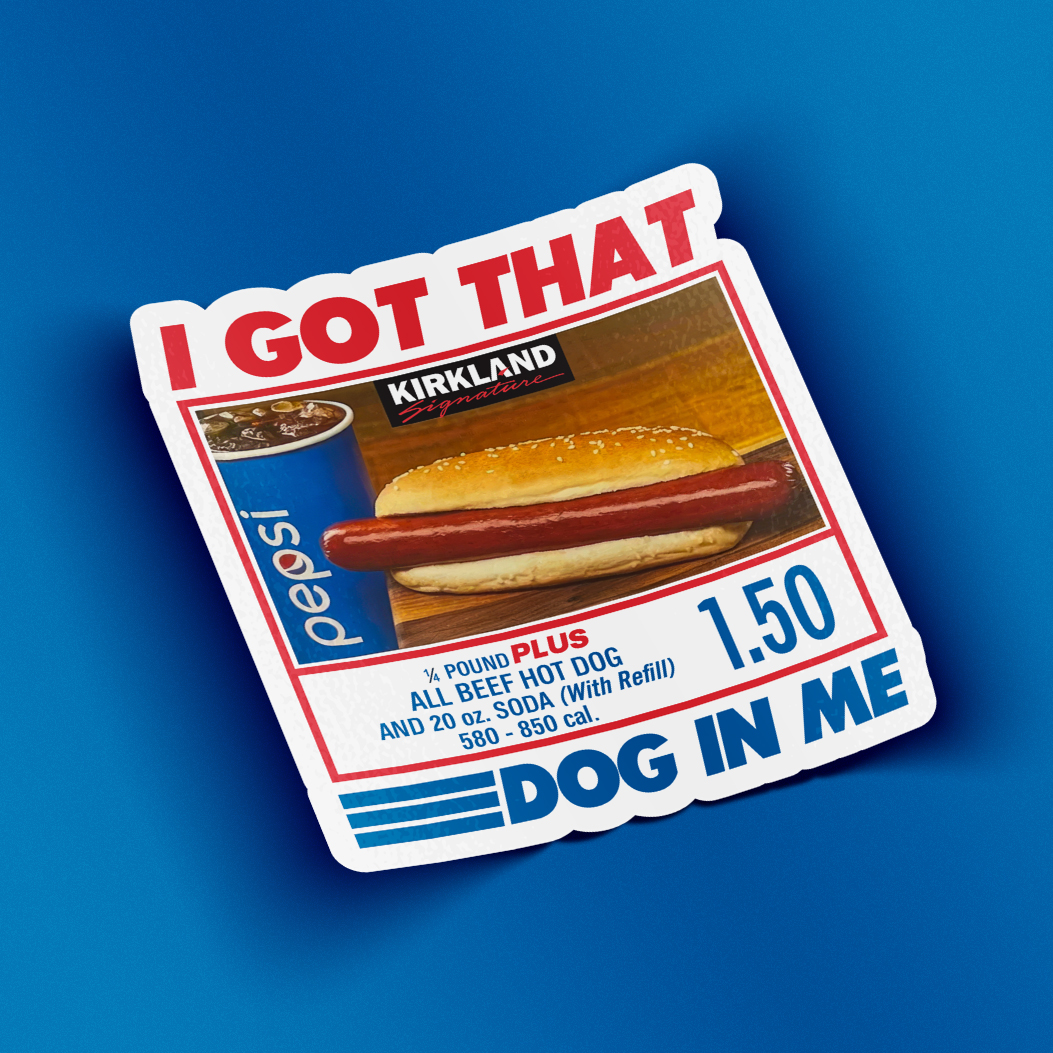Monkees singer-songwriter and guitarist Michael Nesmith, a pop pioneer and country-rock trailblazer has died on Friday (December 10), his family confirmed. He was 78 years old.
“With Infinite Love we announce that Michael Nesmith has passed away this morning in his home, surrounded by family, peacefully and of natural causes,” his family shared in a statement. “We ask that you respect our privacy at this time and we thank you for the love and light that all of you have shown him and us.”
The Houston-born Nessmith originally auditioned for The Monkees back in 1965, when producers Bob Rafelson and Bert Schneider were looking to make a show about a fake pop group. The band was only supposed to provide vocals and act in the show, but Nesmith shared some songs he’d written with producers. The Monkees were then permitted to perform Nesmith originals, and, ultimately, Nesmith accrued more songwriting credits than all the other members combined.
In a 2012 interview with Rolling Stone, Nesmith explained why he was so adamant that the Monkees write and record their own material despite the huge success they were enjoying at the time.
“We were kids with our own taste in music and were happier performing songs we liked – and/or wrote – than songs that were handed to us,” he said. “It made for a better performance. It was more fun. That this became a bone of contention seemed strange to me, and I think to some extent to each of us – sort of “what’s the big deal – why won’t you let us play the songs we are singing?”
The Monkees aired on NBC in 1966, and, that year, the band earned No.1 hits with “I’m a Believer” (written by Neil Diamond) and “Last Train to Clarksville” (written by Boyce and Hart). Nesmith and the Monkees eventually demanded that they play their own instruments and write their own songs. Their third album—1967’s Headquarters – was their first they co-wrote as a band.
“The Monkees are one of pop’s greatest conundrums,” wrote Bob Stanley in The Daily Telegraph. “They are seen as the first manufactured boy band, but they all wrote songs. They were the Prefab Four, seen as a copy of an existing group, but that was only in their TV scripts. They were blamed for ruining pop’s innocence, yet their best songs are at the heart of the sixties canon.”
While Nesmith was always best known for his former boy band days, he was able to spread his wings as a solo artist, releasing his first solo album, Wichita Train Whistle Songs, in 1968 Following the band’s critically panned 1968 film Head and two more albums, Nesmith left the Monkees in 1969. He started his own group, the First National Band, who released two new albums on RCA in 1970: Magnetic South and Loose Salute.
Regarding his influences, Nesmith once explained, “Hank Williams, Jerry Lee Lewis, and Jimmie Rodgers are to me something of a musical triumvirate. Somehow I always get back to them. They, like Dylan, Presley, Cash, and the Beatles, had, and have, a clearly defined musical position – a pure approach to what they have sung and written – free from euphemisms and alive with their own emotions.”
Following the dissolution of his band, The Eagles hit the pay dirt with “Take It Easy,” and Nesmith realized his country-rock ambitions had come too soon.
Nesmith then spent the majority of the 70s releasing under-the-radar solo albums, but was back on the charts in 1977 thanks to a clever promo video for his single “Rio,” which was a Top 30 single in the UK and a minor hit in Europe and Australia. The success of “Rio” led to Nesmith’s creation of a TV program called PopClips for Nickelodeon. Then in 1980, PopClips was sold to Time Warner/Amex which developed the show into the MTV Network.
“[I realized that] radio is to records as television is to video,” he told Rolling Stone in 2013. “Then it was like, ‘Of course!’ and thus MTV was born. I just took that idea and put together some programs and sent it over to Warner Bros. and so forth. Next thing you know, there it was.”
Along with Pop Clips, he also produced the TV special Elephant Parts, which earned him the first Grammy Award given for (long-form) Music Video in 1982.
Nesmith would go on to do more producing work and participated in various Monkees tours and reunions in subsequent years.


